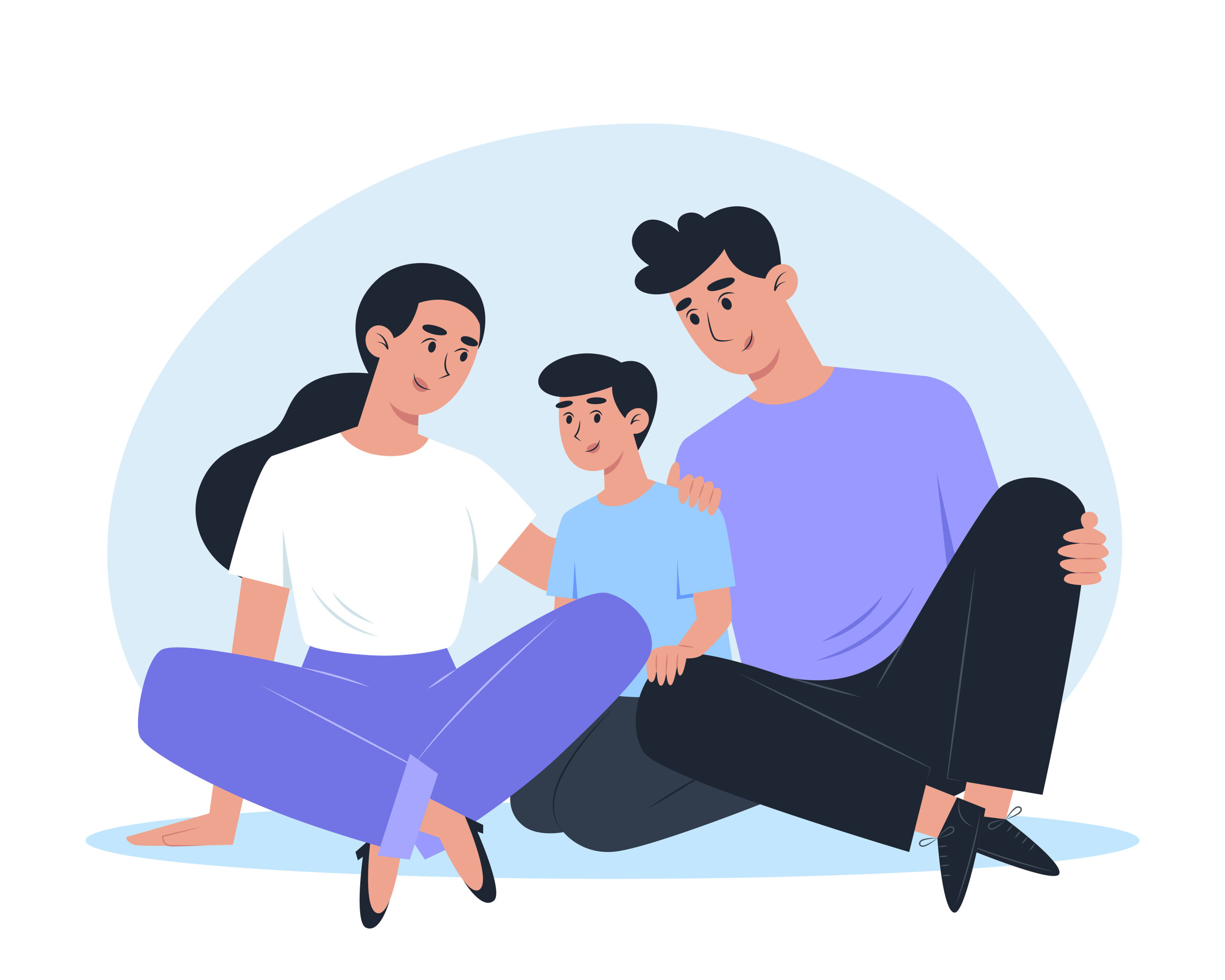Teen Musculoskelatal Pain
Research Study
PEAR (Pain, Emotion, and Adolescent Relationship) Study
The PEAR study is being done to help researchers learn how social relationships, pain, mood, and mental health are related in youth.

Fast Facts

Ages 14-17

Have musclar-skelatal pain

Compensation Provided

Conducted
within 60 mi. of Pittsburgh, PA
Study Background
PEAR (Pain, Emotion, and Adolescent Relationship) Study
The PEAR study is being done to help researchers learn how social relationships, pain, mood, and mental health are related in youth.
The goal of this study is to help researchers better understand why some teens who have physical pain in their body go on to develop depressive symptoms or suicidal thoughts, while other teens with pain do not. We would like to better understand how daily social experiences, the brain, pain, and mood, may work together to influence the development of depressive symptoms or suicidal thoughts for some teens.

Study Background
PEAR (Pain, Emotion, and Adolescent Relationship) Study

The PEAR study is being done to help researchers learn how social relationships, pain, mood, and mental health are related in youth.
The goal of this study is to help researchers better understand why some teens who have physical pain in their body go on to develop depressive symptoms or suicidal thoughts, while other teens with pain do not. We would like to better understand how daily social experiences, the brain, pain, and mood, may work together to influence the development of depressive symptoms or suicidal thoughts for some teens.

Additional Information
This study is being done to help researchers understand why some teenagers who experience physical pain go on to develop depressive symptoms or suicidal thoughts, while others do not. The researchers aim to explore how factors like daily social experiences, brain function, pain, and mood might interact and influence the development of these mental health issues in some teens.
You/Your Teen may qualify for this survey if you meet the following criteria:
Inclusion Criteria:
- Ages 14-17
- Have muscular-skelatal pain in the jaw, neck, limbs, shoulders, or back
- Pain is not due to an underlying disease
- No serious neurological disorder or medical condition
- Not pregnant
- Have access to a smartphone
If you/your teen participate in this study, you will take part in two research visits: one virtual and one involving an fMRI scan. The virtual visit will be conducted via Zoom and will involve a clinical assessment. The fMRI visit will take place at the MRRC at Presby Hospital in Oakland, where you’ll undergo an MRI, which is a painless procedure that takes pictures of your brain using magnetic fields and does not involve radiation or sedation. After the fMRI visit, you will complete short daily surveys (5-7 minutes each) on your smartphone for 7 days. These surveys will be repeated approximately once a month for a total of six months.
You/your teen can recieve a generous compensation amount for participating.
There is no cost for you to participate in our research study.


